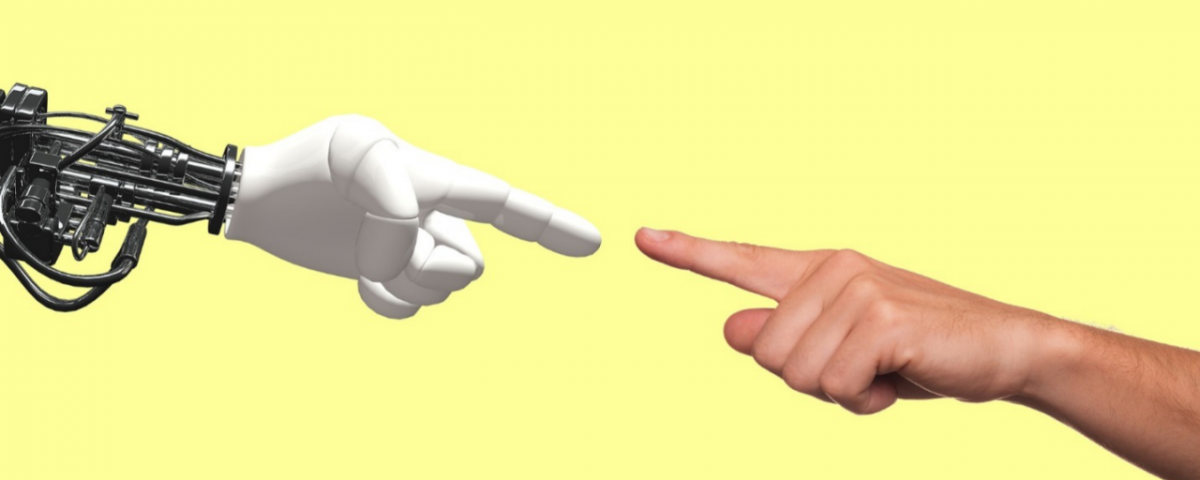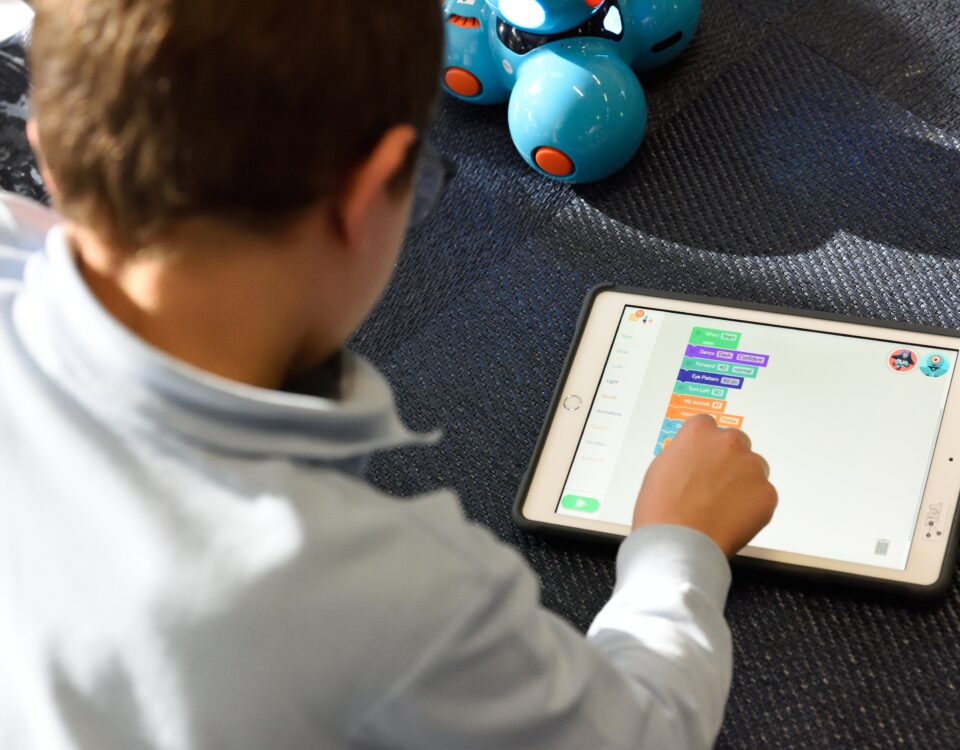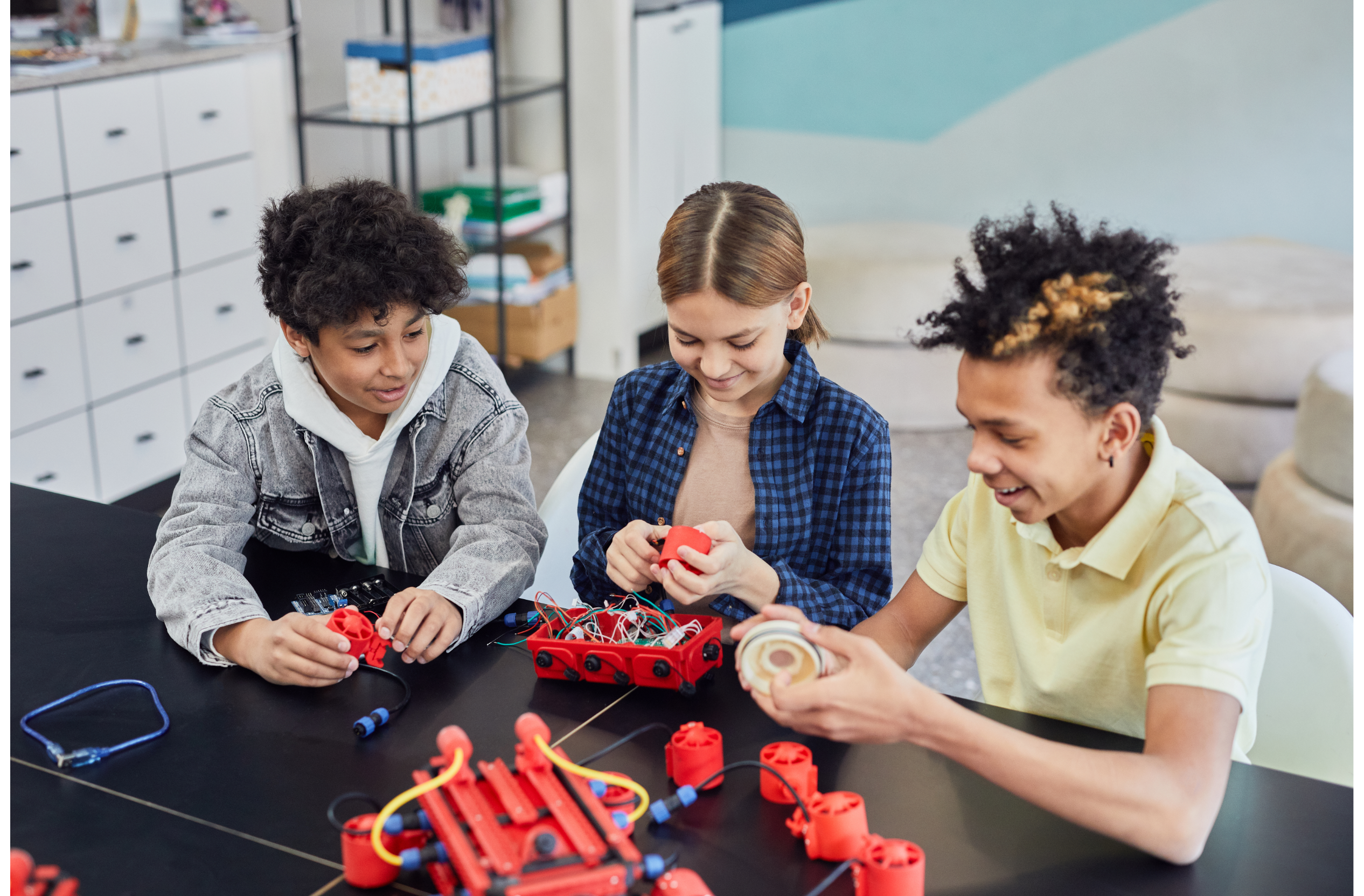The relevance of robots for elderly care has become more apparent as the ageing population continues to rise with fewer individuals available to take care of them. Despite innovations that make it easier for the elderly to live on their own and not move into special facilities, they still need help with their day to day activities and chores. By developing personal robots that the elderly can have at home, they will be able to enjoy a more independent living. The biggest advantage is their capacity to work around the clock, unlike humans. Also, these robots will be great conversation partners for old people who live alone.
For this idea to become widely accepted, these robots need to be user-friendly and interactive. As they begin to adapt themselves depending on the individual they are interacting with, they become culturally competent and easy to embrace by the older generation.
Check out: The Rise of Robotics – The Future and Beyond
Robots take care of the elderly in Japan :
Due to a shortage of labour, some nursing homes in Japan have been prompted to use robots to take care of the elderly. Japan’s AI is transforming the elder care industry, by providing niche robotic caregiving and not just taking pressure off the shortage of caregivers. Robots are predicted to care for 80% of Japan’s elderly population by 2020.
- Soft Bank’s Pepper, world’s first social humanoid robot, is used in about 500 Japanese elder care homes for games, exercise and routines.
- PARO, a therapeutic robot, that resembles a seal, relaxes and motivates people with special needs. It responds to sound and touch and is said to have a calming effect on patients with Dementia and Alzheimer’s.
- Robear, a nursing robot, is strong enough to lift an elderly person. It is a bear-like robot that helps elders sit and stand.
- Telenoid, a lap-sized robot, allows users to focus on communicating. It lets people talk remotely with users through a microphone and camera and is very helpful for people dealing with advanced stages of dementia.
These robots are still in nascent stage and unaffordable for most people. There are also certain ethical concerns associated with robots taking care of the elderly like the quality of healthcare, human needs such as social stimulation or loss of privacy. However, for elderly who are in social isolation or suffer from disabilities, the benefits of these robots outweigh the downsides.




